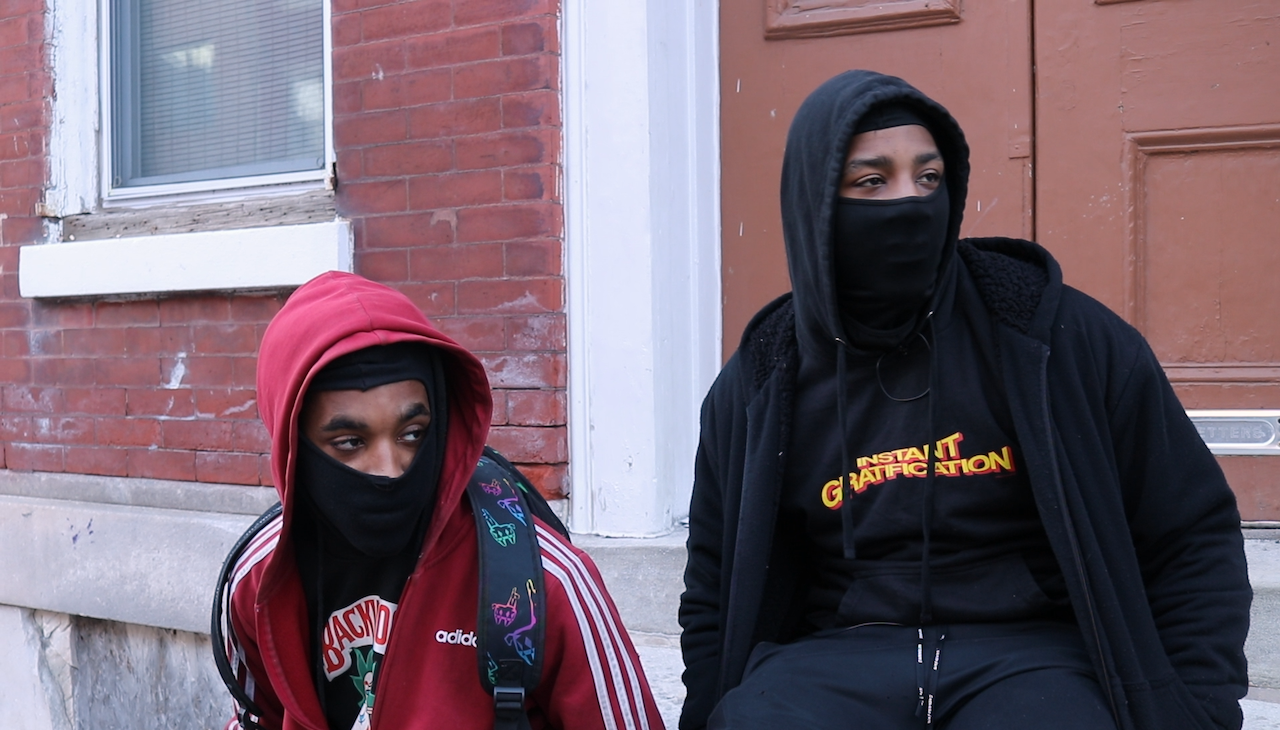
Growing up with gun violence: Philly's next generation speaks
Philly youth are often left out of the conversation about the city's gun violence. AL DÍA listened.
Philly youth are often not included in the conversation of gun violence, and in recent years, they have increasingly been the victims and perpetrators of the city’s crisis.
Of the record-setting 562 homicides and 2,332 shooting victims last year in Philadelphia, 213 of those homicides were children under 18.
In response to this crisis, AL DÍA launched its What Our City Needs gun violence video series almost a year ago.
What Our City Needs is an AL DIA original YouTube series that explores Philly’s gun violence through various lenses such as legislation, culture, mental health, the economy, and education. Its purpose is to expose how the city’s crisis has roots at all levels and from every angle we operate as a city and society.
In November 2021, AL DÍA released Episode 2 of its What Our City Needs series on the city’s gun violence crisis, and spoke to multiple leaders across the city with expert knowledge on the relationship between youth’s involvement in gun violence and their mental health.
For the third episode of the series, the youth themselves are the ones AL DÍA sought out to tell all.
AL DIA spent six months gathering their stories and re-living with them their own traumas, losses, struggles, and confusion — all things they said were causes and effects to the gun violence crisis they live through. After interviewing 20 youth between the ages of 13 and 18 from city organizations and institutions like IDAAY, the Beloved Care Project, and Esperanza Academy Charter School, AL DIA noted some recurring causes and effects.
Judged by 12 than carried by 6
On the cause front, it starts with protection. Young people, especially those from more-affected communities, do not feel safe leaving their homes unless they’re carrying a gun. As 18-year-old Ricardo from Kensington told AL DÍA, when weighing the options of getting killed or going to jail with a firearm, it’s always the latter that wins out.
“I’d rather get caught with it than without it because there's no safety. I can go outside to the store, if I don't have my gun on me and a guy pulls up on me. He'll shoot me, I'm gone. But if I go outside and the cops get me, I'm gonna go to jail, but I'm gonna come home eventually,” he said. “That's the way I think, I ain't gonna let nobody take me from my family. I love my life.”
Revenge
Another cause born from violence itself is retaliation. Whether it be a lost fight, or a prior shooting that led to the death of a close friend or loved one, revenge is often on the cards with a gun in tow. Brandon, a 17-year-old from North Philly, spoke about the former circumstance, and how maintaining one’s status among peers (another cause) is paramount and leads to deadlier consequences.
“I don't want to get my ass whooped — you feel me? So I’ma pick up that gun so I ain't gonna take that ass whooping,” he said. “That's what a lot of kids think.”
The status cause also influences youth from otherwise stable homes and environments to engage in gun violence without knowing its real cost. It’s an arc 17-year-old Marquis from North Philly has seen play out all too often.
“Now you got people out here that come from a good life and all that and they see their friends or they see people doing this and that, and they feel left out,” he said. “Then they fall into it and next thing you know they facing life for doing some dumb shit.”
Trauma at home
But there are also those who don’t have great home lives, both within their individual households, and in their neighborhoods, where generational block beef can influence their safety without them even knowing it. In both the household and neighborhood, there is also often a lack of leadership or guidance from parents or elders in the community to keep youth on the right track.
Quan, a 16-year-old from West Philly, spoke to the importance of having an older guiding figure in one’s life, and what the harsh reality is for many youth like him in the city.
“Everybody needs somebody there to help them, to always get them on the right track,” he said, “and a majority of us don't have nobody there.”
Marcel, an 18-year-old from North Philly, spoke from personal experience of what it’s like to grow up in an environment where bad influences are everywhere and good ones are nonexistent. For youth like him, there weren’t many options.
“That's what it feels like. Like you ain't got no choice,” he said. “You be thinking: ‘Ain’t no life outside the trap.’ You only know what you aren't and that's all you learned.”
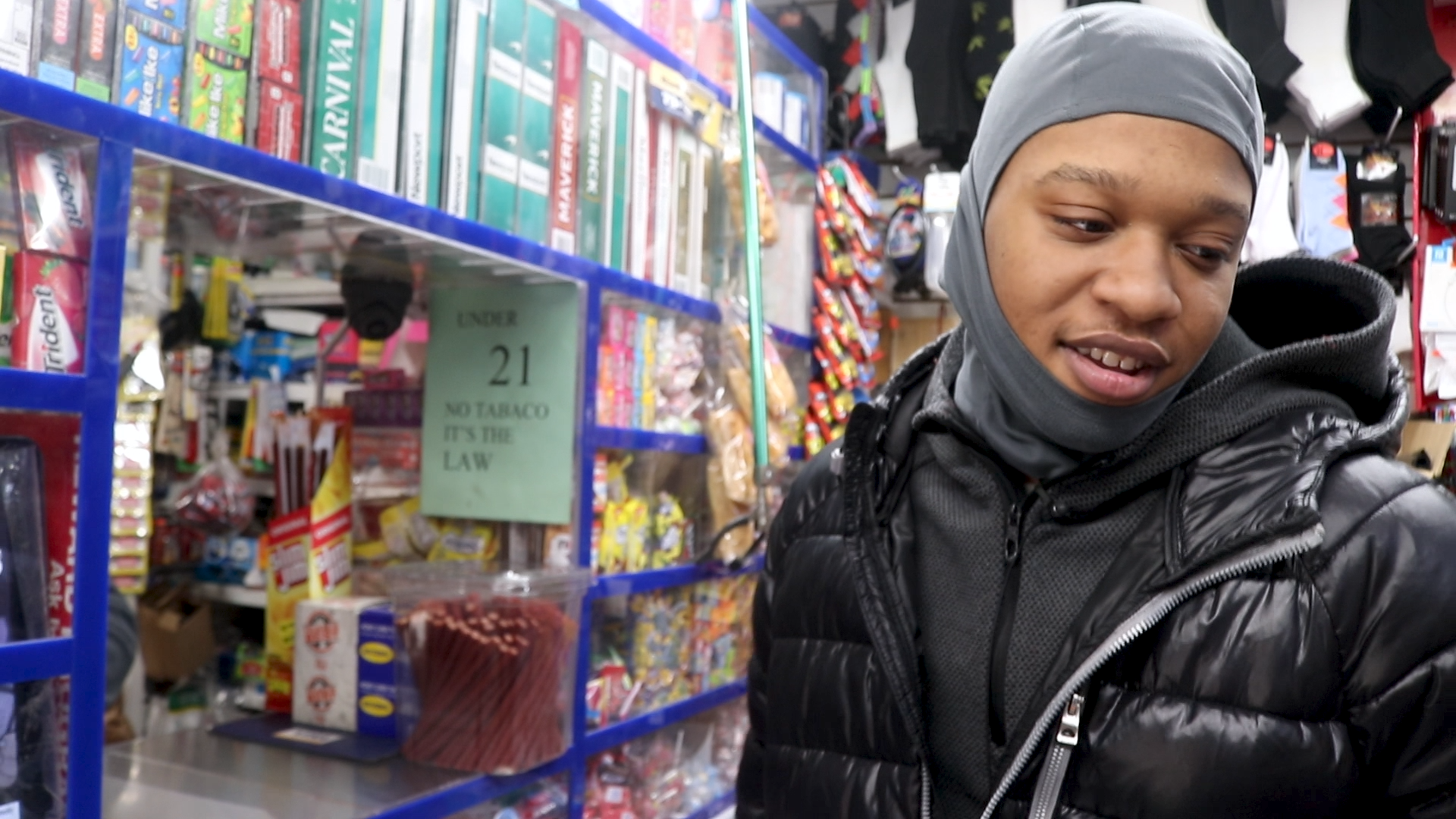
Everybody and their mom got a gun
Many of the youth interviewed by AL DÍA also pointed to the accessibility of guns in Philly as a reason the gun violence crisis in the city is where it is. As covered in Episode 1 of the What Our City Needs series, Philly fought in court against Pennsylvania to enact its own common sense gun laws. It sought to be exempt from the state’s preemption laws, which mandate gun legislation statewide and overrule any local bills. The city has since lost its battle.
From the youth perspective, the state’s lax stance is exposed in how easy it is for them to get firearms in the city.
Swervo, an 18-year-old from West Philly, knows people his age are not supposed to have them, but said gun violence is so high in the city because they do.
“If we didn't have access to get them, it wouldn't be that many killings because we’re the ones that's really doing it,” he said. “It's like 21 and down, and then they’re dying younger and younger by the day.”
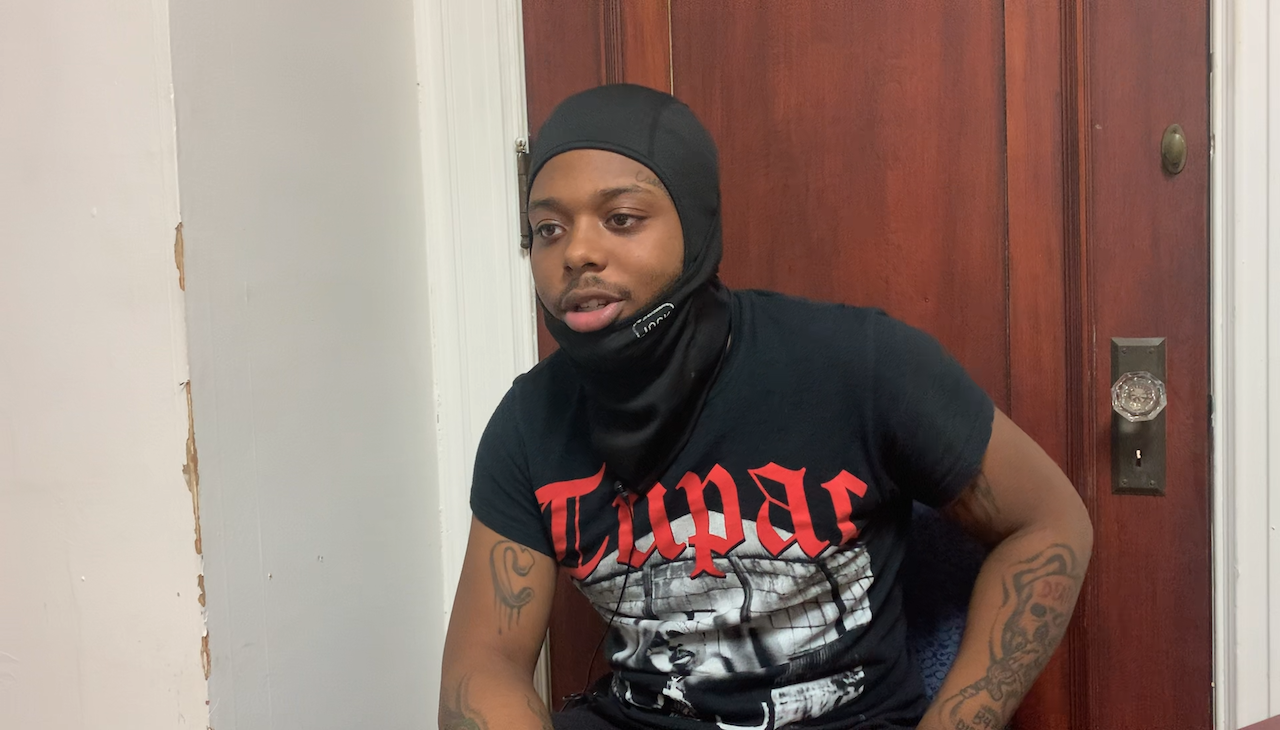
Sad and afraid
The effects that spawn from these causes are numerous, but a common three AL DÍA heard from the youth it interviewed were grief over the loss of loved ones and fear they or loved ones would be next. The combination of constant grief and fear leads them to feeling failed by society’s various institutions, including city government.
For grief, 18-year-old F.N. from West Philly, described the feelings of confusion and sadness when losing someone close.
“It be like: ‘Fuck, like how this happen?’ Like this person be with me every day, so how’d I let him get killed or how’d I let him get shot, how’d I let something happen to him?” he said. “I can't speak for everybody, but I know I go through it.”
RELATED CONTENT
For Aquaiyah, a 16-year-old from SouthWest Philly, the feeling of death transfers over to those still living and grieving.
“Once you lose somebody that's really close to you, you don't care about nothing no more,” she said. “Once that person [is] dead, it feels like you’re dead.”
On fear, almost every youth AL DÍA spoke to, talked about the ways they change their daily lives (routes to school, places they can and can’t go, etc…) to avoid putting their life in danger.
Edelis, a 17-year-old from North Philly, said the fear for her life ending because of gun violence is an everyday occurrence.
“At any point, a car could just go past and I'm dead. That's in the back of my mind, always,” she said.
Ricardo said the fear has left him thinking someone is after him every time he steps outside his home.
“I think somebody’s after me every time I see a car slow down, or somebody’s wearing a mask walking. That's the first thing I think. I don't care if I’ve never seen them [before] or they don't look familiar, I'm gonna think they’re coming for me,” he said. “That's how it is in Philly, you're gonna think everybody’s after you.”
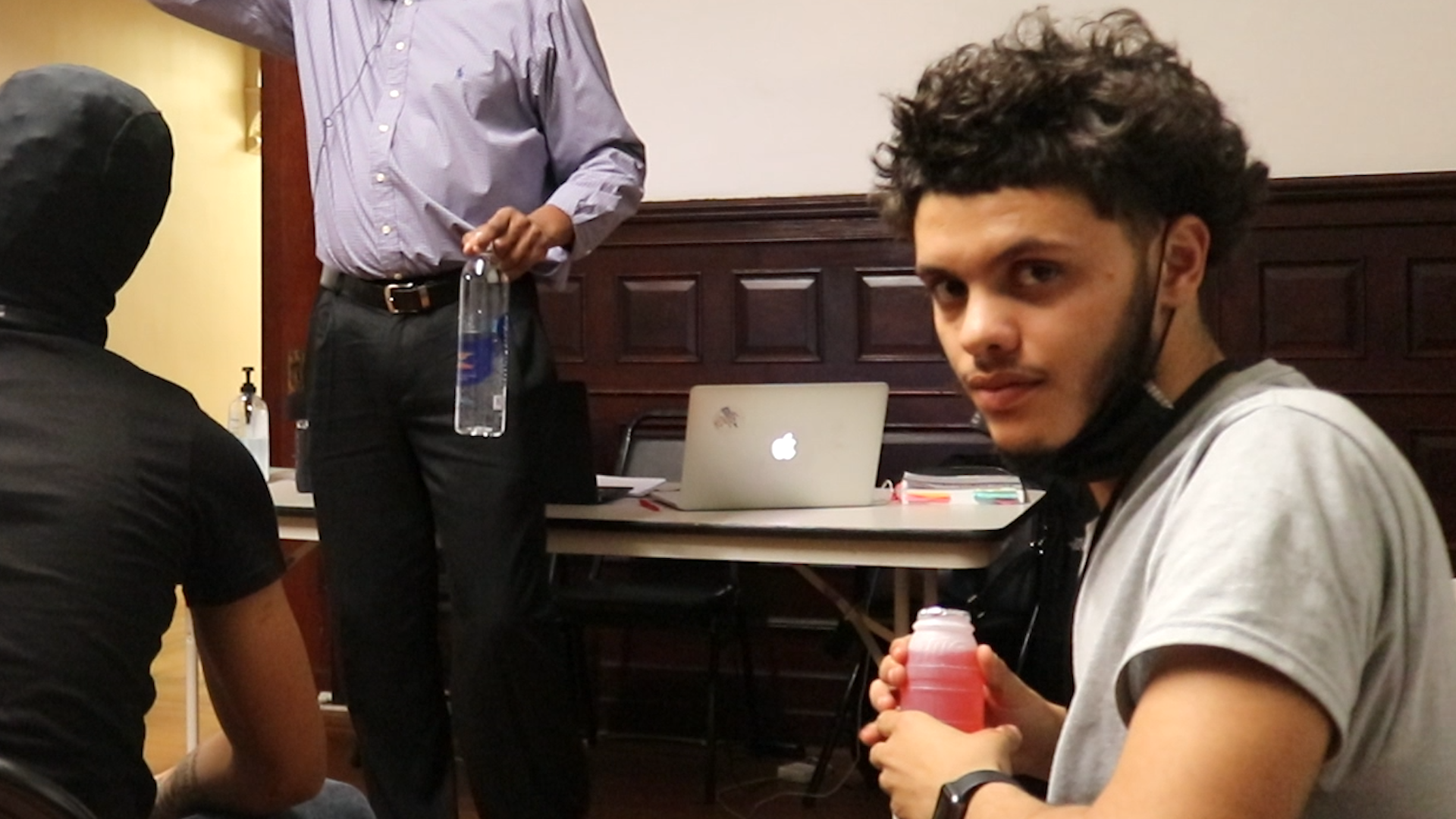
For 13-year-old Mula, that fear falls on his mom.
“She don't want to see me die. She wants me to bury her before she [buries me]” he said. “So I was just like: ‘Mom, but this is the real world. I can't change the world.’”
RJ, an 18-year-old from West Philly said such an existence of fear is one that breeds burnout, especially among youth of color.
“It's always very exhausting. Because you know, when you're Black, you already have a target on your back. You have to deal with police and you have to deal with racist White people. But when the issue comes from your own community and you have to watch every single person around you, it's kind of ridiculous,” he said.
Losing the next generation
In the end, what the experience of growing up in Philadelphia surrounded by gun violence breeds is apathy. Apathy for life, the future, and the city itself. Many youth AL DÍA interviewed had no plans of staying in Philadelphia beyond their graduations from high school or elsewhere.
When addressing city leadership, Marquis minced no words.
“It's like they just want all of us to kill each other so we’re all gone and they have nothing to worry about. That's how I feel,” he said.
The young people’s testimonials were as candid as they were heartbreaking and are some of the most eye-opening quotes published anywhere about a gun crisis that continues to worsen in 2022.
To watch Episode 3 and the others mentioned, visit AL DÍA’s YouTube channel to watch the full videos. Episode 4 will be out in a couple weeks, diving into the effect of education and jobs in Philly on the crisis.


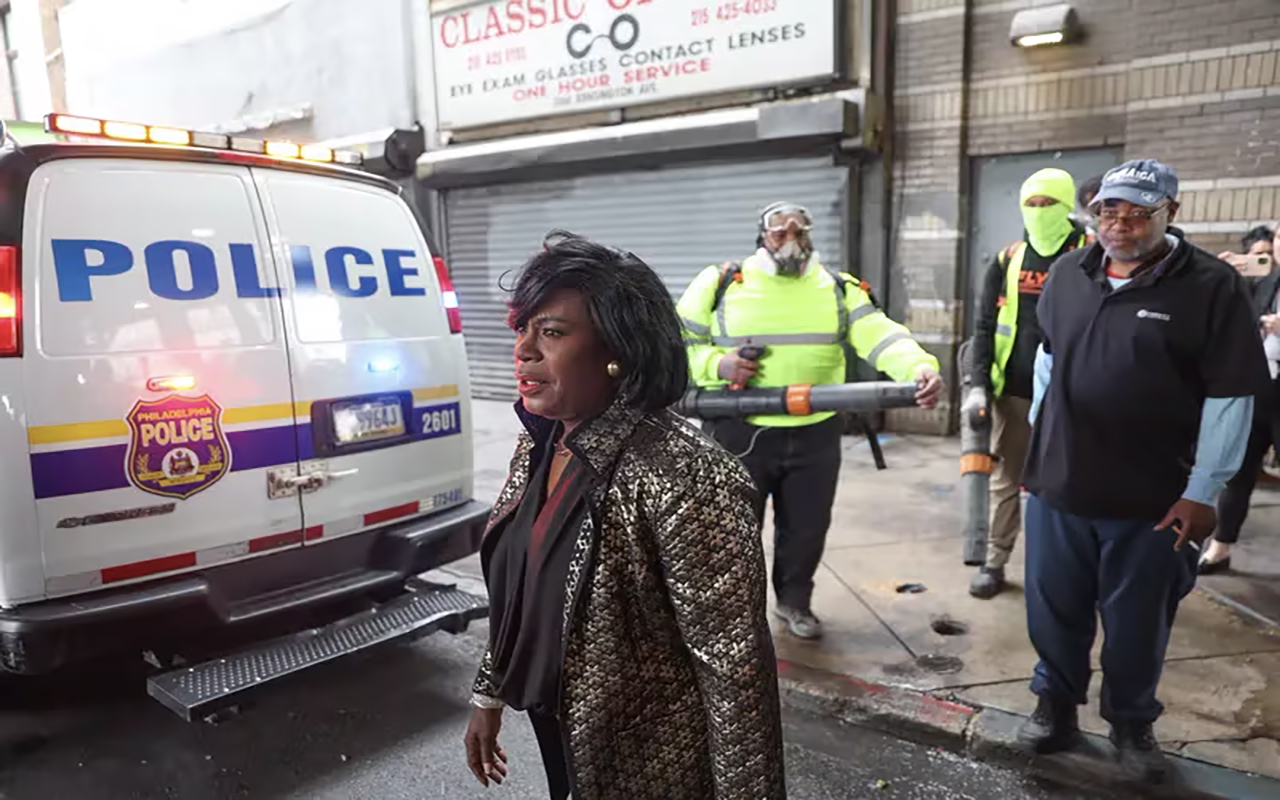
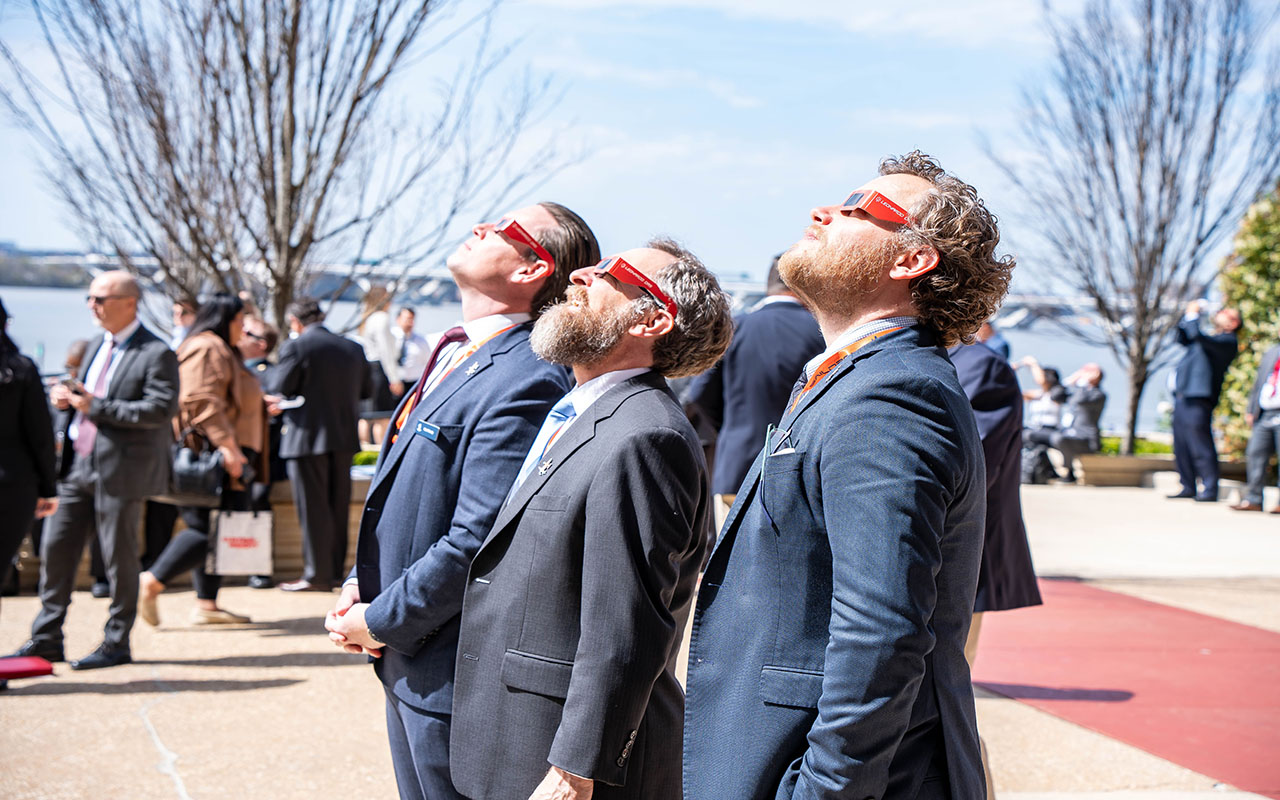
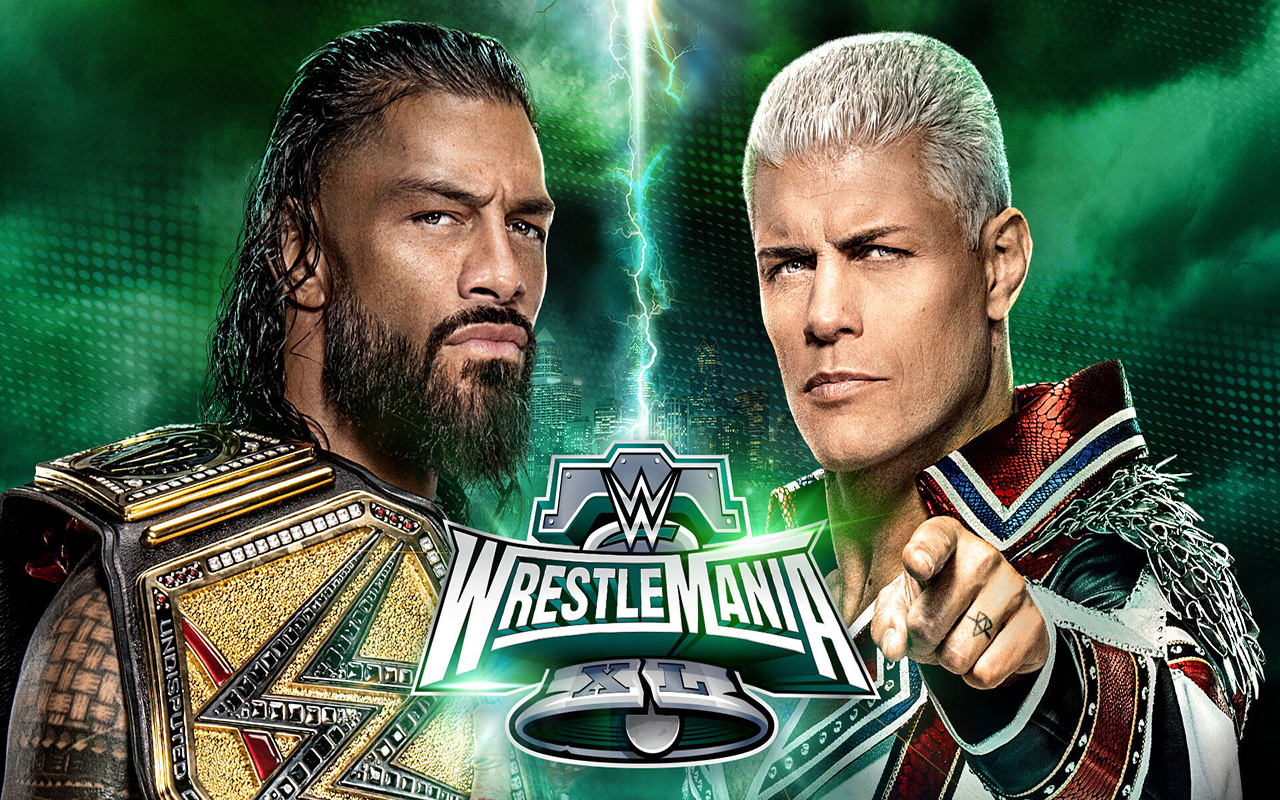
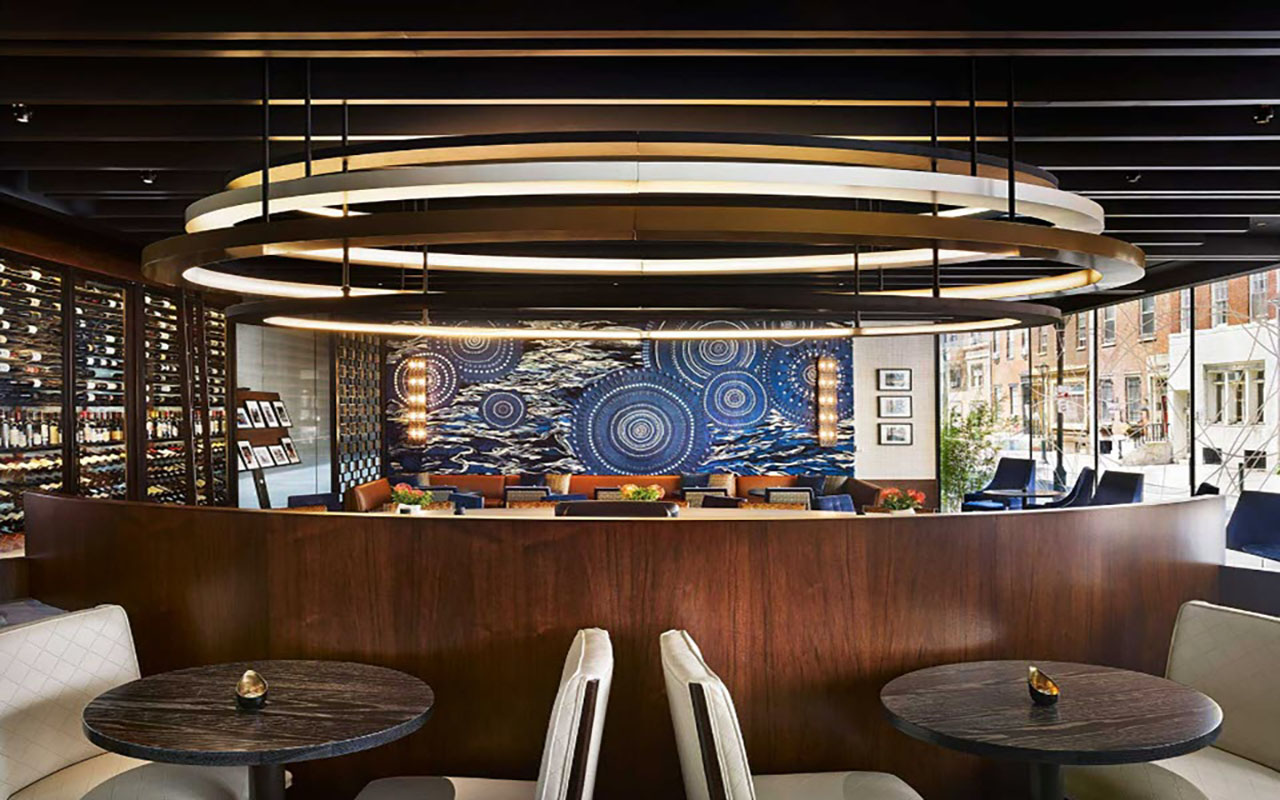
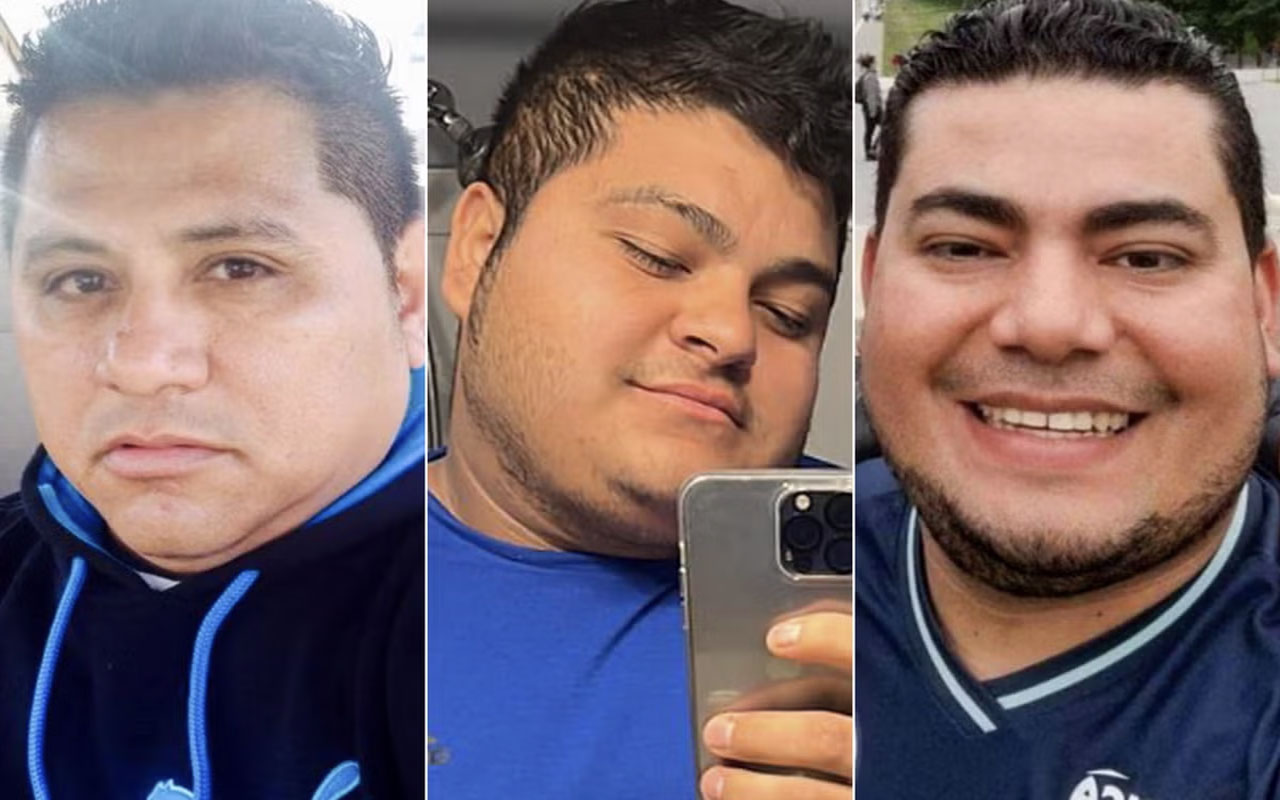
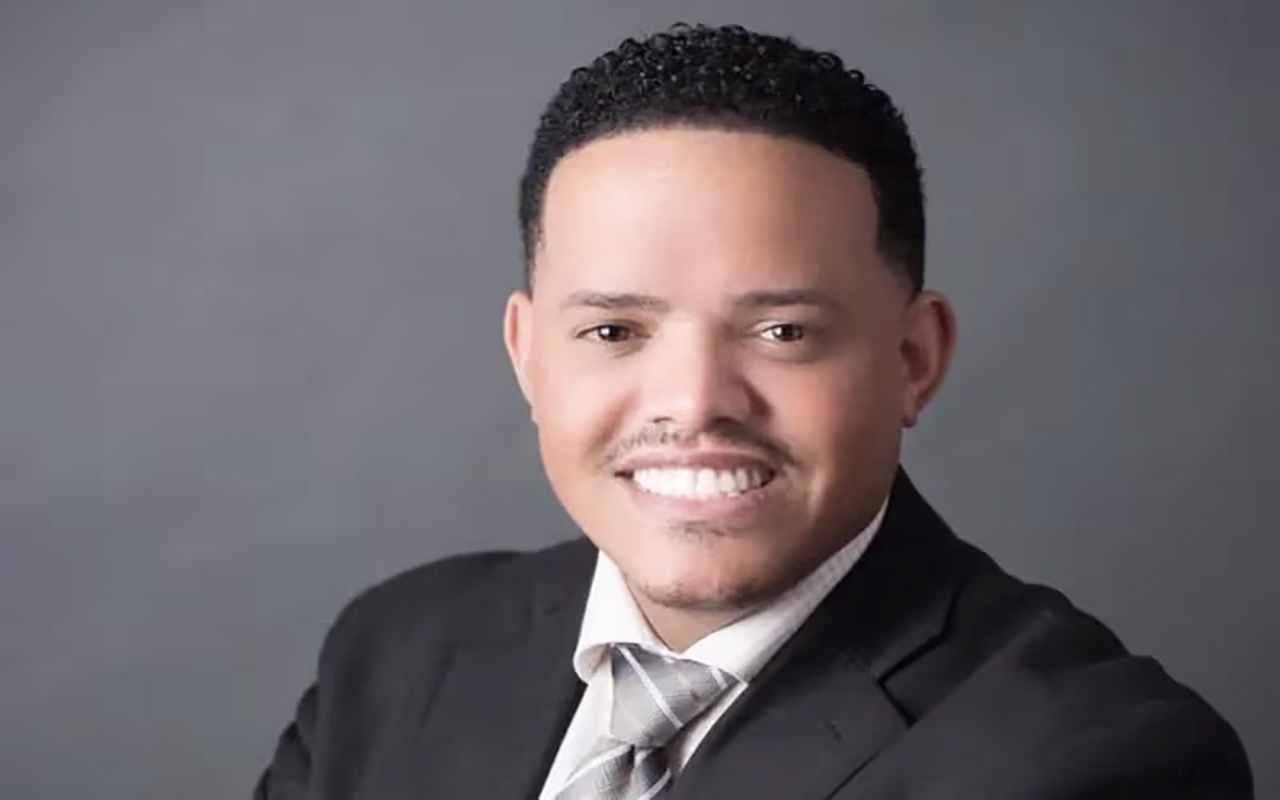
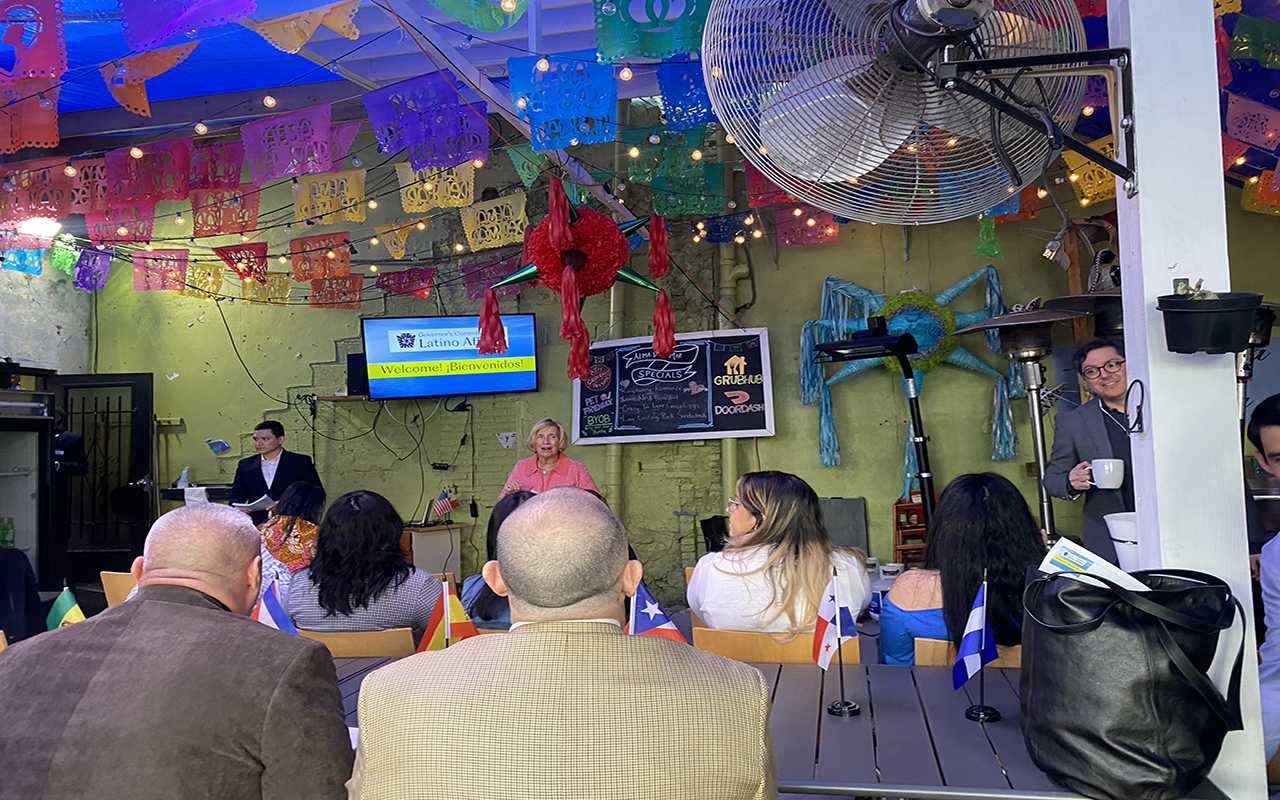
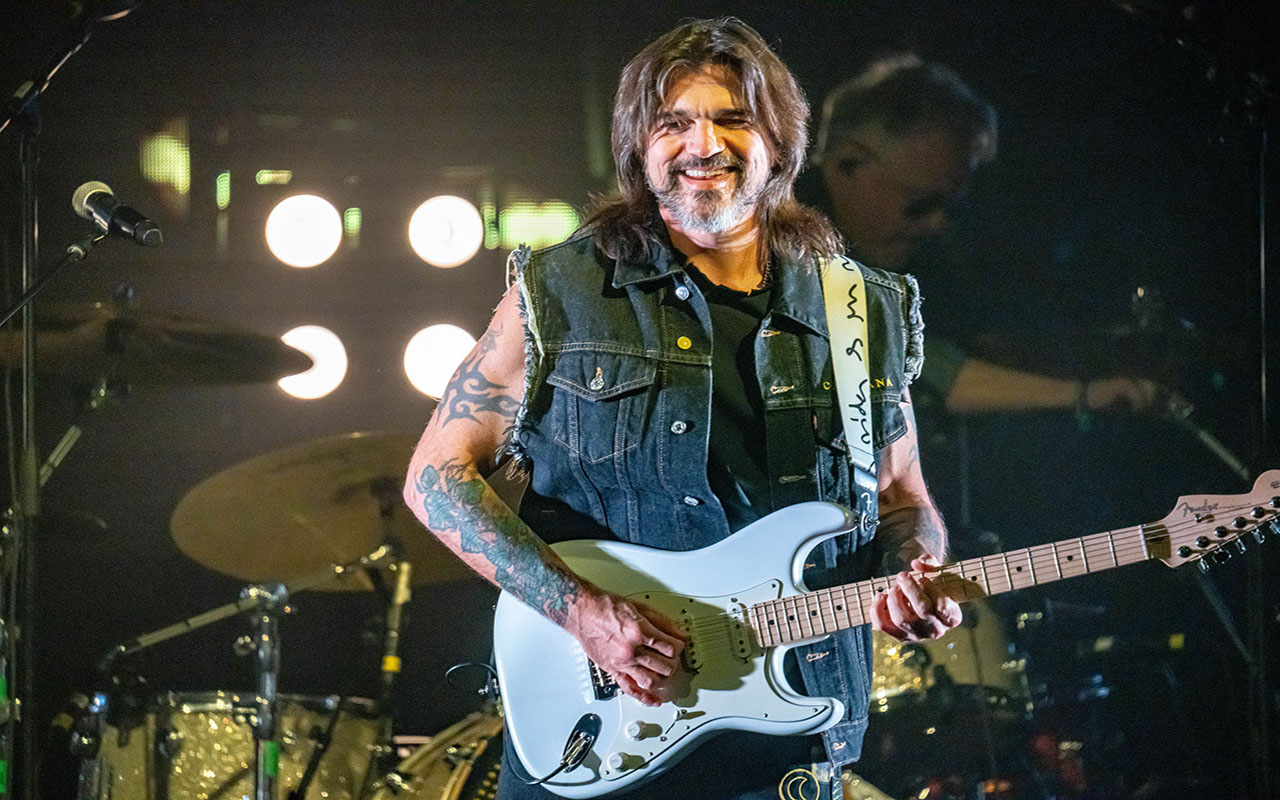

LEAVE A COMMENT:
Join the discussion! Leave a comment.